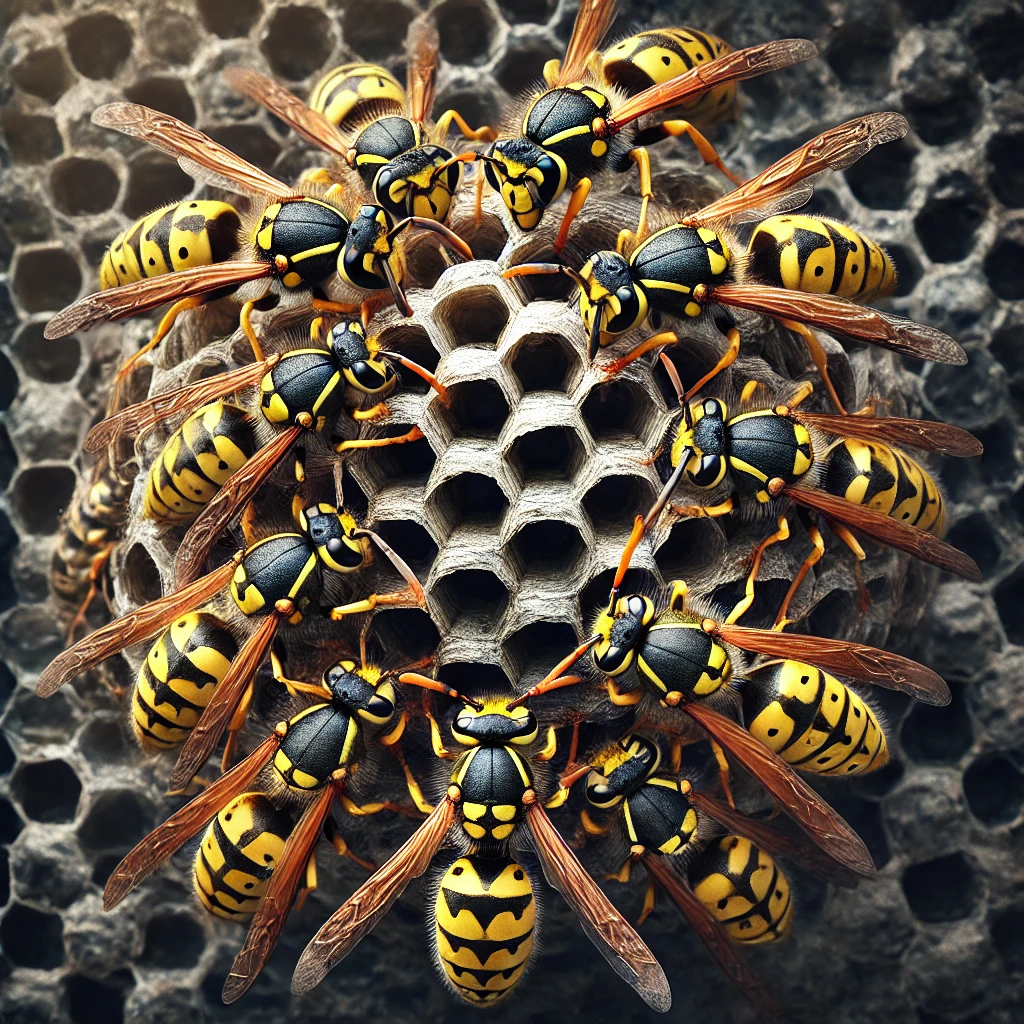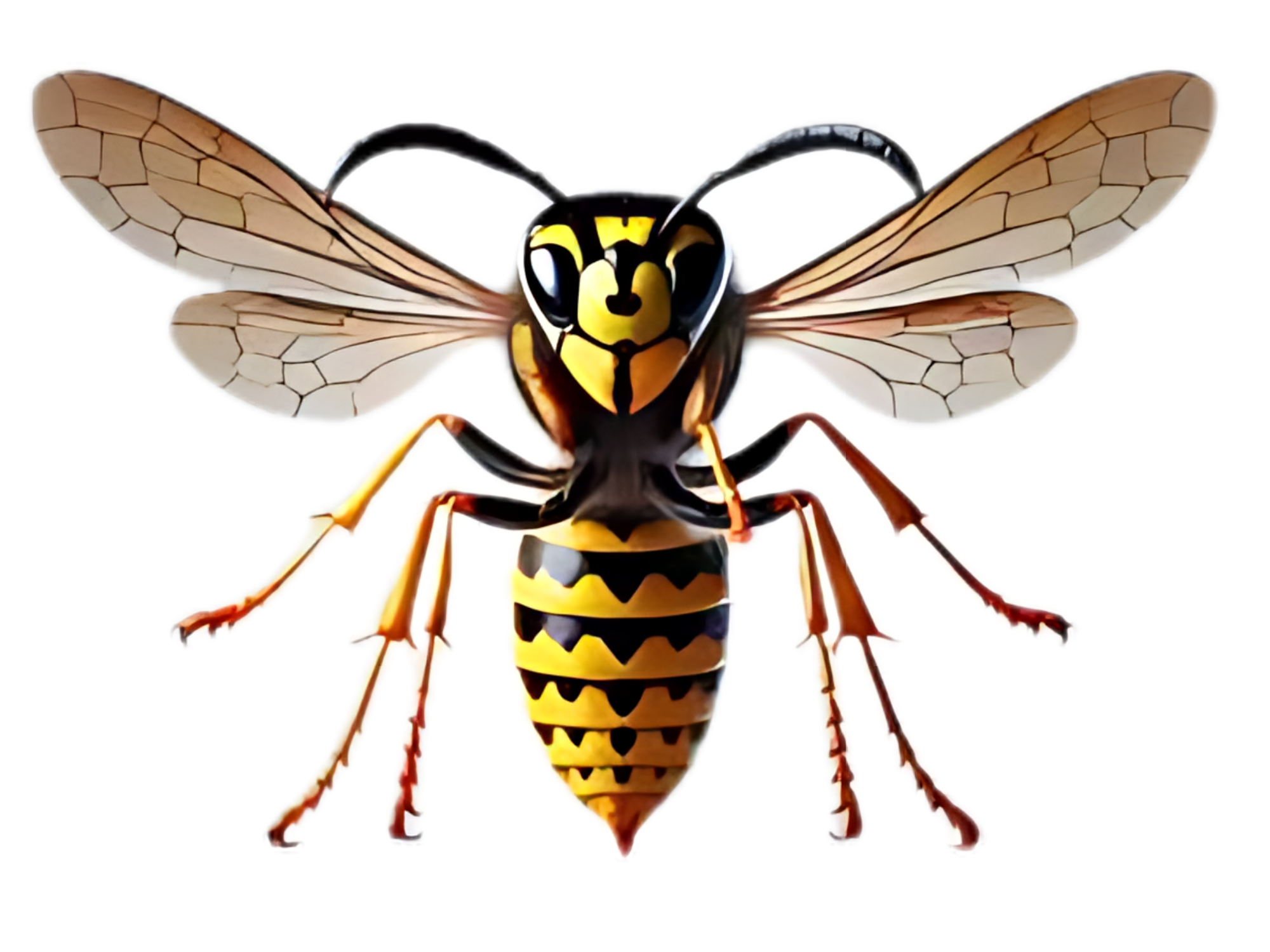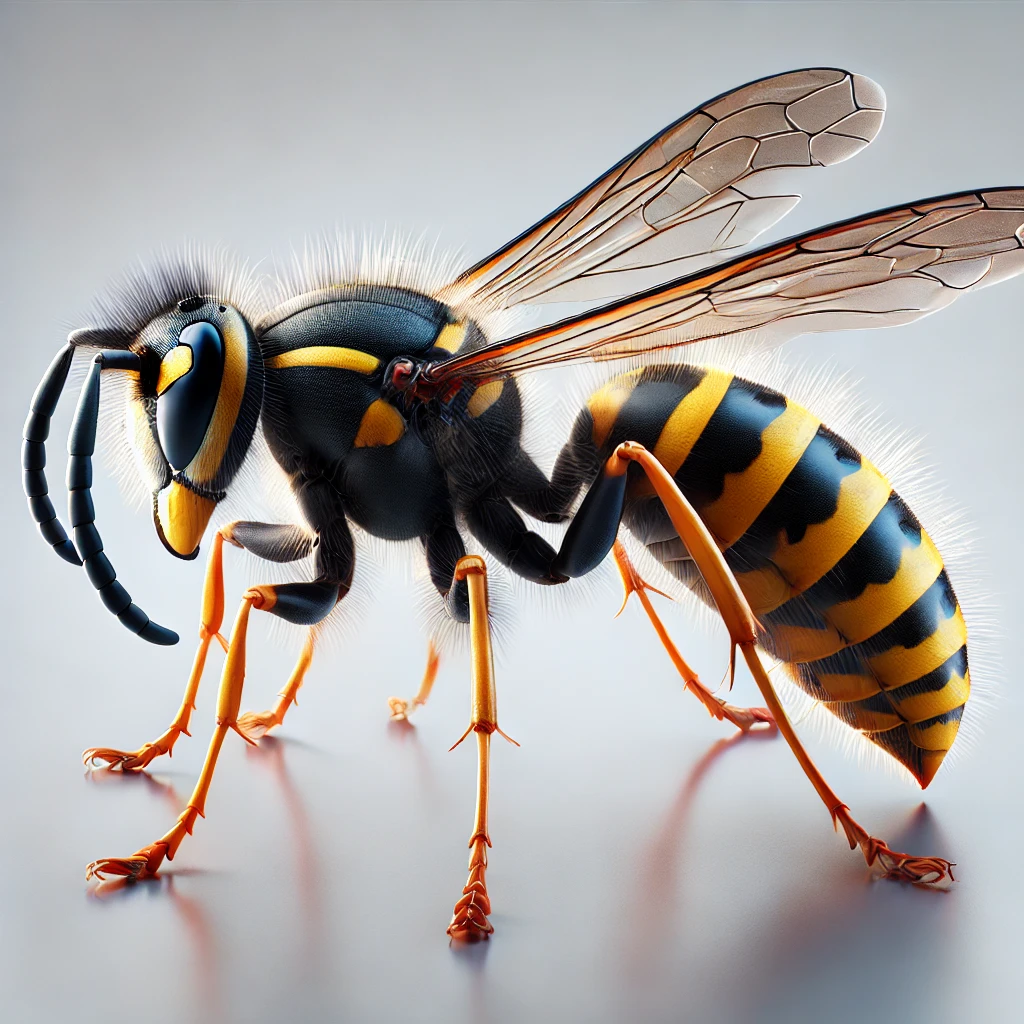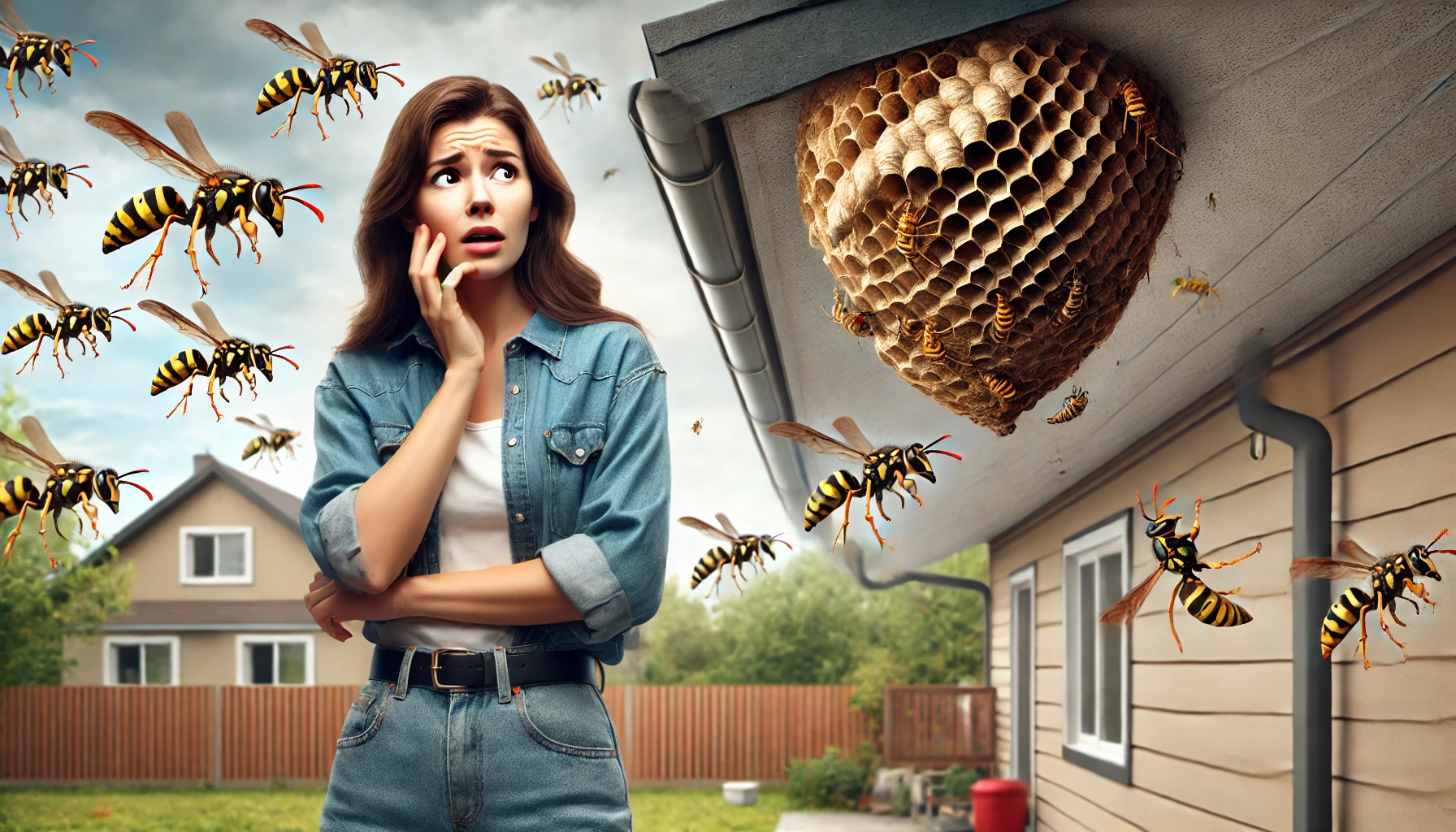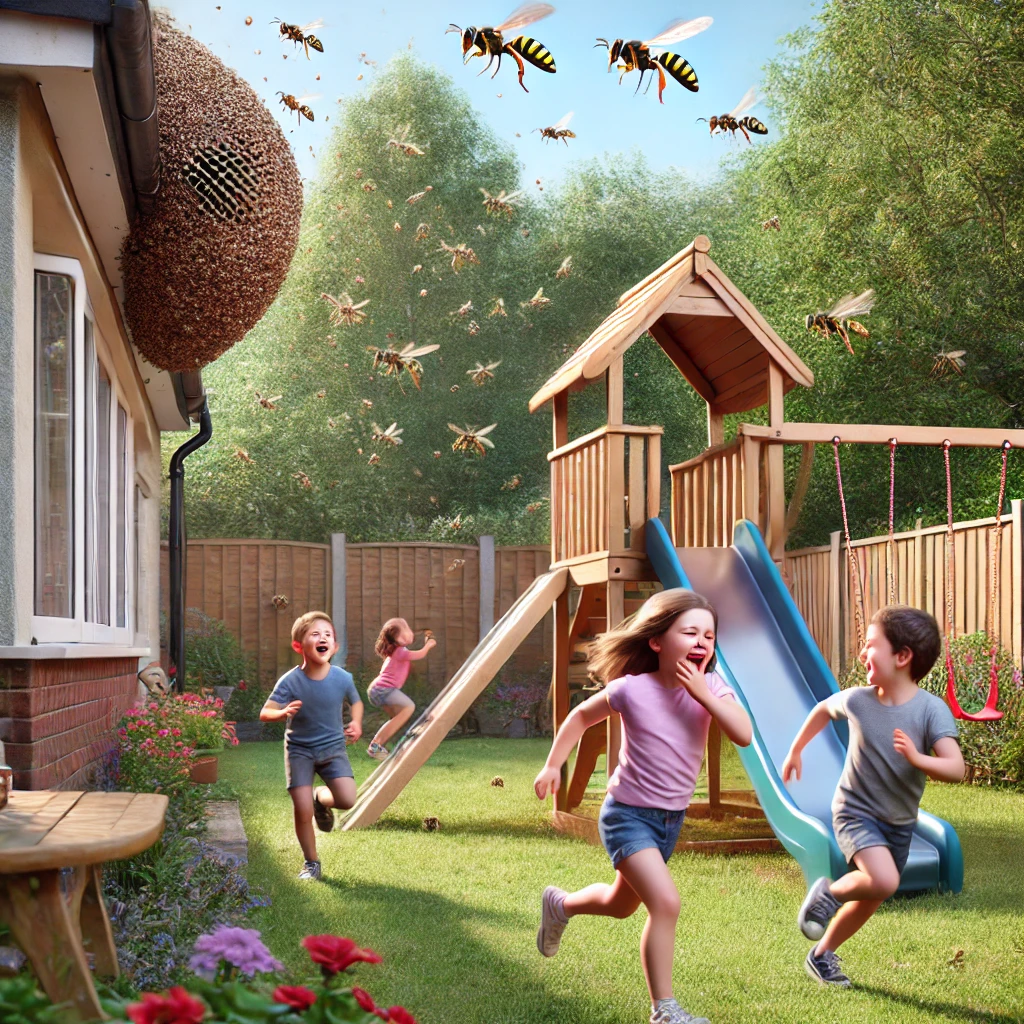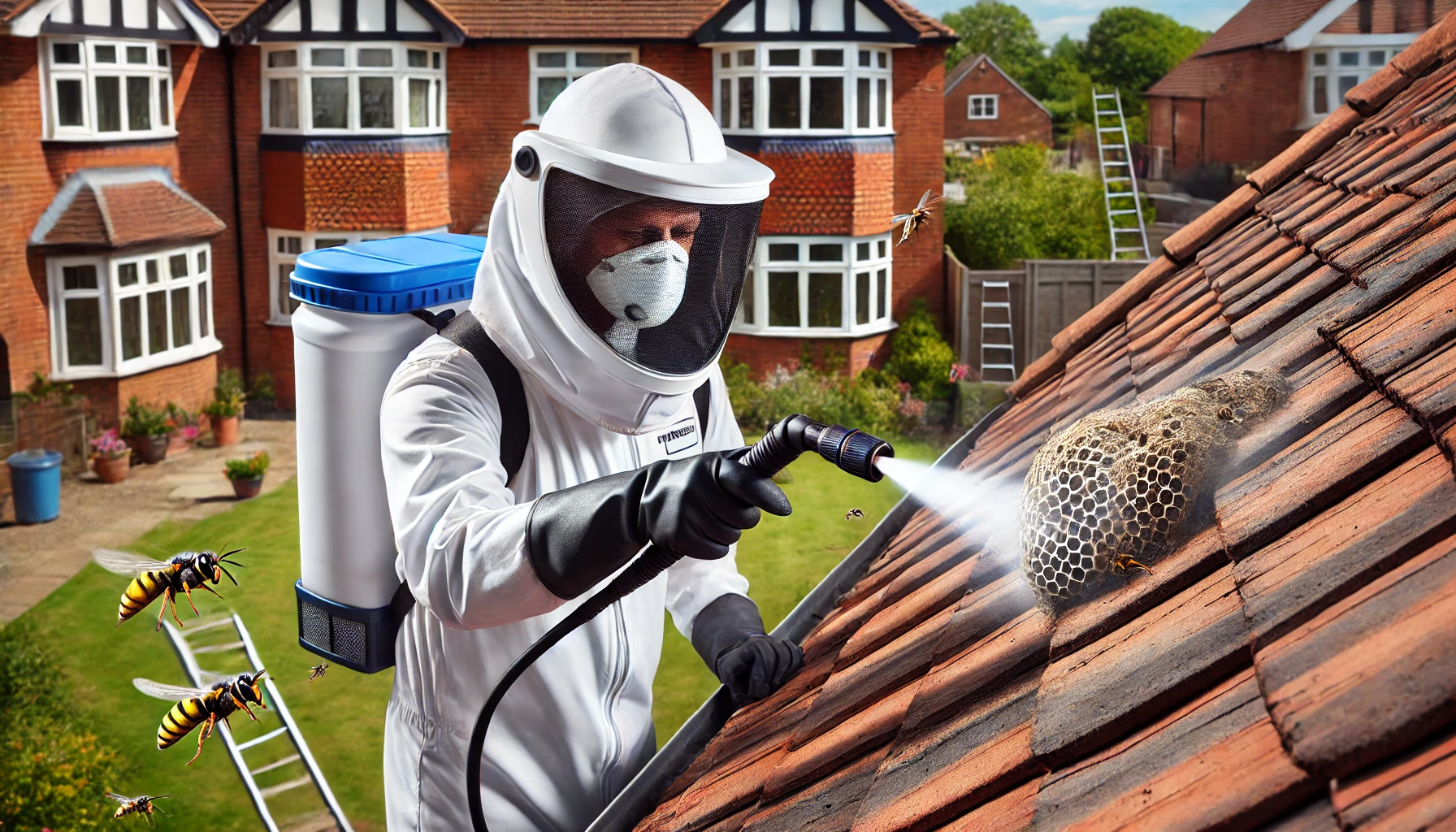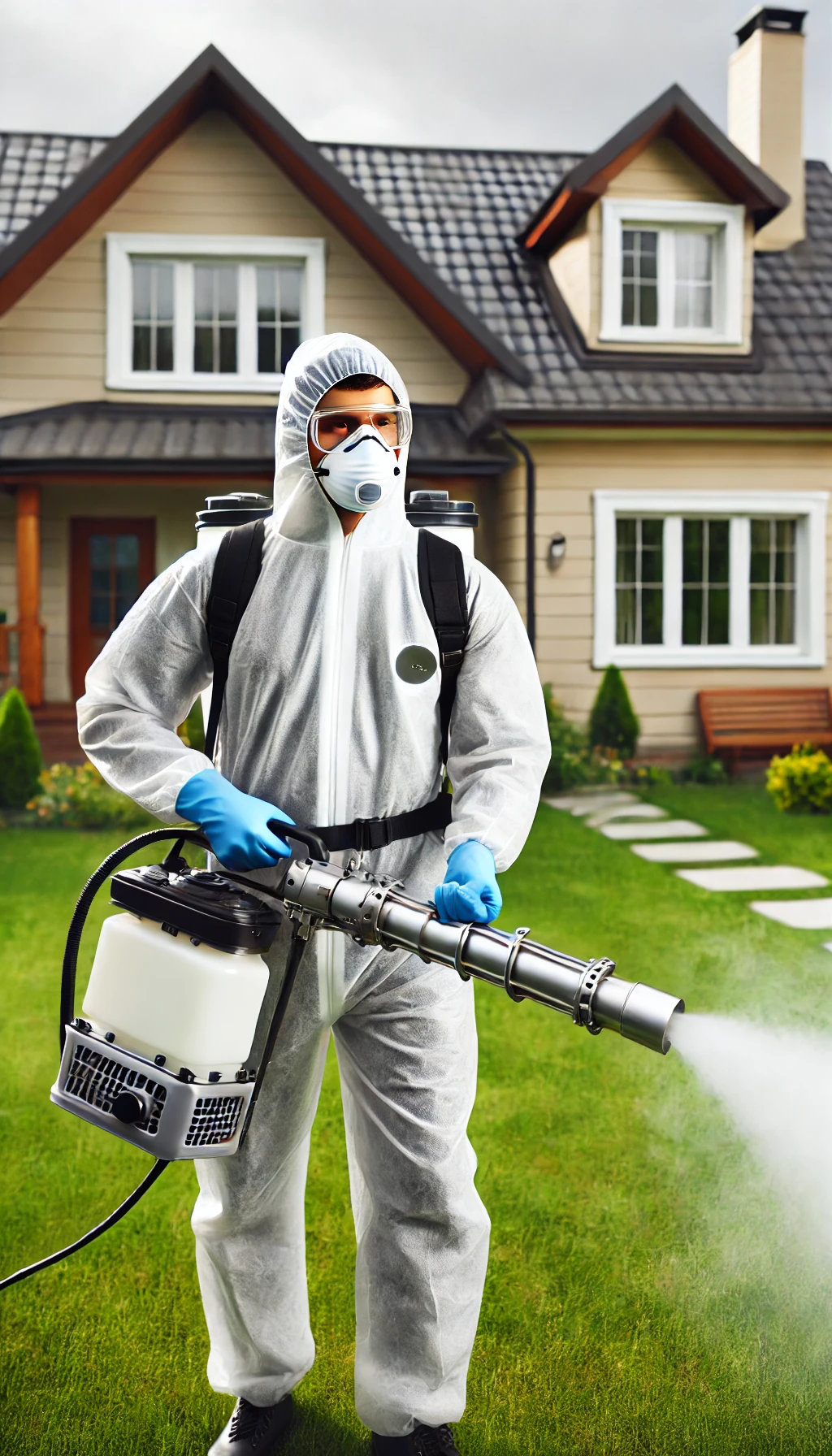Wasps& hornetsFrom £75
Fixed price from just £75. Discounts for multiple nests.
Treatment is guaranteed.
Rapid response (same day service may be available).
We charge £75 to treat (kill) or remove a single nest. Additional nests are charged at £35 each. Most treatments are guaranteed so if necessary, we will return to re-treat the nest for free. If no wasp nest is located, a £45 call out fee applies.
Prices for business customers exclude VAT.
ULEZ charges will be added to invoices where applicable.
